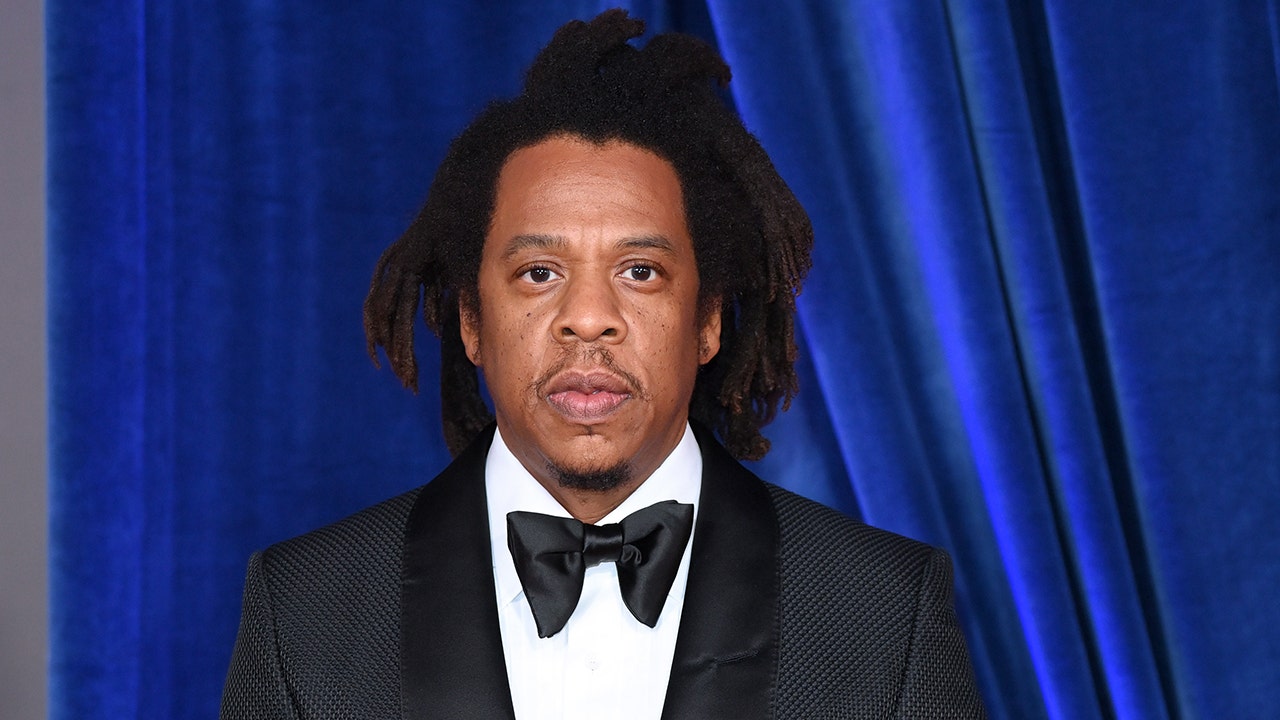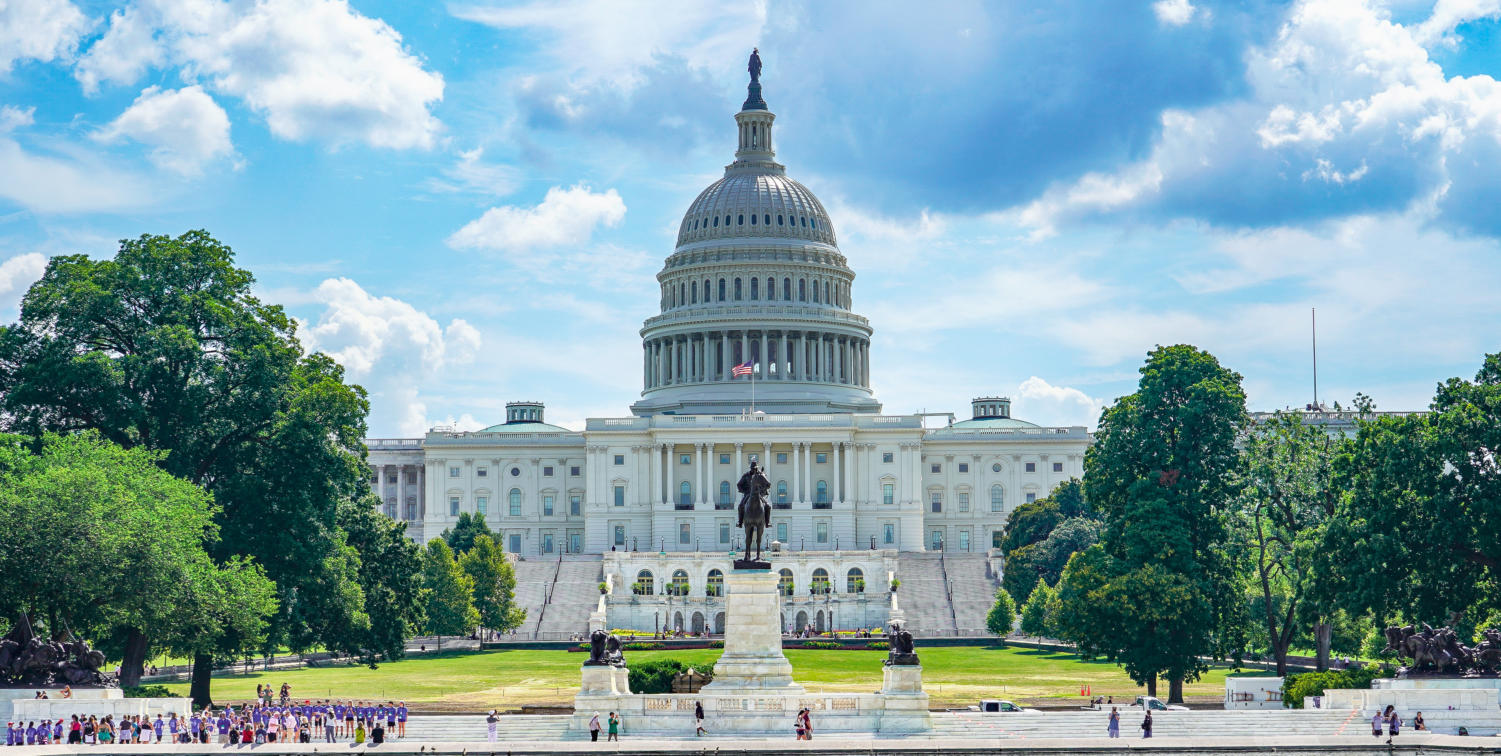That was easy. Donald Trump and Joe Biden duelled briefly over the airwaves about debating.
“Any time, any place, anywhere,” the Republican candidate had challenged. “Make my day, pal” the president retorted movie-style.
In just a matter of hours the two men agreed to Joe Biden‘s proposal for two televised presidential debates before the election on 5 November – at CNN HQ in Atlanta on 27 June and on ABC forum on 10 September.
There will be more role-playing between now and the agreed showdowns. Biden has already rejected Trump’s counter-offer of two further debates including one on Fox News.
But once again the US does seem on course to hold debates between the frontrunners for the White House, as it has in most of the presidential cycles since JFK took on Richard Nixon in 1960. The UK has only managed to hold proper equivalent prime ministerial leaders debates in 2010.
The two candidates will confront each other in different circumstances than previously. They will meet earlier in the cycle of the election year and without the usual rules.
Both sides have agreed to cold shoulder the widely respected Commission on Presidential Debates (CPD), which had proposed three debates before mass audiences closer to polling day.
The Republicans and the Democrats have decided that the CPD model is outdated because of the changing nature of campaigning and voting, the evolving demands of the media and above all because of the unique nature of this campaign in which the two main candidates have become clear so early in the year and in which they are the oldest in America’s political history.
“It’ll be entertaining, informative. Like those two old guys on The Muppets,” former Republican presidential candidate Mitt Romney quipped to Huffpost.
The traditional CPD debates are one of the many norms of US politics which have been subverted by Donald Trump.
According to opinion polls held afterwards as to “who won the debate?”, he is a poor debater.
He “lost” all three of his encounters with Hillary Clinton in 2016 and both of his debates against Biden in 2020.
Biden also “won” both his vice presidential debates against Sarah Palin in 2008 and Paul Ryan in 2012.
Yet what is remembered is Trump’s behaviour. He roamed about the stage and loomed threatening behind Hillary Clinton.
He invited her husband’s alleged ex-girlfriends to sit in the front row of the audience.
He called Biden “demented” before their first debate and abused him to his face, saying: “There’s nothing smart about you Joe.”
Trump refused to abide by the rules and talked over the moderator and Biden.
A senior White House correspondent summed up their first presidential debate as “a hot mess, inside a dumpster fire, inside a train wreck”.
Trump refused to take the required COVID test to take part and then developed it, resulting in the cancellation of their next scheduled debate.
At their final debate, a technician was employed to switch off the participants’ microphones except during their allotted speaking time.
It is usually the underdog who issues the challenge to debate. Biden has been trailing narrowly in key opinion polls and needs the debates to demonstrate that he is still up to the job at the age of 81.
Read more:
Porn stars, sex scandals: The A to Z of Trump’s hush money trial
Trump: US seeks the whole truth – and nothing but the truth
Many observers think that the president is actually showing fewer signs of cognitive impairment than Trump, who is only four years younger and whose rally speeches are becoming increasingly incoherent rants.
When the two men debate this summer, Biden may well “beat” Trump again. But Trump’s antics could well dominate – and they certainly impress some voters.
The problems with the debates four years ago explain why neither side wants to put the commission in charge this time.
The Republicans have accused the CPD of bias and the Democrats blame it for not keeping order.
Significantly the first debate this year, on CNN, will be in a studio without a live audience for the first time in the US presidential history.
Both sides also wanted to have their encounters earlier in the summer because there is an increasing trend to vote earlier, with some states opening their polls as early as September.
The agreed debates will be head-to-heads between Biden and Trump, which suits them both because Robert F Kennedy Jnr is working flat out to get on enough state ballots to qualify for a CPD debate.
Polling suggests he would take votes from each of them and could have a decisive impact on who wins.
President Biden gift wrapped his debate invitation with the cheeky tag “I hear you are free on Wednesdays” because the criminal court where Trump is currently on trial does not sit on Wednesdays.
The dates they’ve agreed are actually a Tuesday and a Thursday but the dig still stands.
👉 Listen above then tap here to follow the Sky News Daily wherever you get your podcasts 👈
The first Biden-Trump debate in 2020 drew 71 million viewers in the US making it the third most-watched presidential debate behind only Trump and Hillary Clinton in 2016 and Ronald Reagan versus Jimmy Carter in 1980.
But average audiences for the debates are diminishing.
Nate Silver, a leading political statistician, points out they are one of the few fixed points in a campaign which can have some direct impact today when “almost nothing moves the polls these days because the candidates are so well known and everybody is so partisan”.
America’s news networks have found out that Trump drives up ratings, even when the station’s editorial policy opposes him.
CNN gave his rallies saturation coverage in 2016 and apologised more recently when Trump was allowed to monopolise a “town hall” on the channel.
Now the networks and their guest debaters have parted company with the protections provided by the CPD and its heavily regulated debates before live audiences on university campuses.
They will be under pressure to show they can provide fair and informative programmes for their viewers and not just entertainment.
The precedents for success are not good from the UK, where broadcasters abandoned working together following a rigid formula after 2010.
By competing against each other they effectively gave the whip hand to the politicians, who were free to withdraw or bestow their favours.
Since then the subsequent debate-style election programmes have not made a significant informative or influential impact on the campaigns. The viewers, a.k.a the electorate, have lost out.
This year the two people vying to be the leader of the free world are calling the shots on how they will debate.
It is hardly encouraging for democracy that a senior senator like Mitt Romney’s first comparison is with The Muppet Show.























Discussion about this post